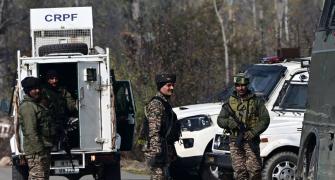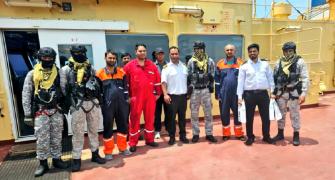While the latest wholesale price index-based inflation for the week ended April 5 stood at 7.14 per cent, the annual price increase in various categories of steel ranged between 17.53 per cent and 62 per cent.
Interestingly, it is the long products that have witnessed the steepest price increase (between 50 per cent and 62 per cent), clearly reflecting the booming demand from construction activities.
However, the flat products, by comparison, have seen a price increase of 17-24 per cent, almost half compared with the long products.
Driven by demand, the share of the long products in the total steel production has been steadily increasing. In the last three-four years, the share of long products in steel output has increased from 45 per cent to 50 per cent.
Take the case of TMT bars, whose price in Mumbai has jumped by almost 62 per cent, from Rs 30,250 per tonne to Rs 49,000 a tonne since April 2007. On the other hand, the price of HR Coil has increased by just 22.46 per cent, from Rs 34,500 to Rs 42,250 a tonne.
"Traditionally, the flat products used to be priced higher than the long products.
However, the demand-supply scenario has reversed the situation in the last one year. This trend is likely to continue", said an industry watcher. In April 2007, the price of HR Coil was Rs 34,500 a tonne, compared with Rs 30,250 a tonne for TMT bars.
"The input cost push in terms of increasing iron ore and coke prices has been similar for both the product categories. It is primarily the demand for long products from the housing and construction sector that is supporting the steep price rise", says an analyst.
Flat products like HR Coils are used to make pipes and have many direct industrial and manufacturing applications, including construction of cars, bicycle frames, ships, engineering and military equipment, and automobile wheels, frames and body parts. Hot rolled coils are also used as feedstock for cold rolling mills, where they undergo further processing.
Secondary producers account for about 70 per cent of the country's long products while the rest comes from players like Sail and Tata Steel.
However, in case of flat products, it's the opposite, with the organised sector companies like Sail, Essar and JSW accounting for about 70 per cent of the total production.








